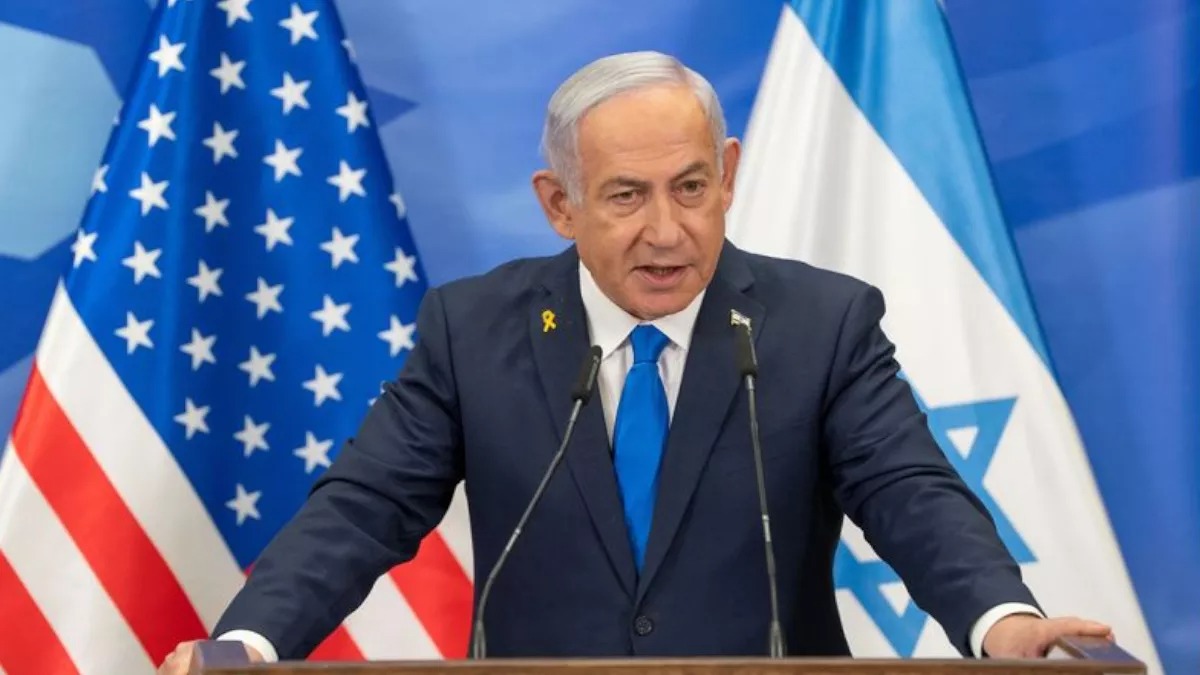
Former U.S. President Donald Trump has reportedly facilitated the supply of MK-84 bombs to Israel, a move that had been previously restricted under President Joe Biden's administration. This development raises questions about Israel’s next military strategy and its impact on ongoing conflicts.
What is the MK-84 Bomb and Why is it Significant?
- The MK-84 is a 2,000-pound bomb, one of the most powerful non-nuclear weapons in the U.S. arsenal.
- It is known for its high destructive capability, capable of penetrating deep structures and causing massive damage.
- The bomb was previously restricted by Biden, citing concerns over civilian casualties and escalating tensions in the region.
Why Did Trump Approve the Supply of MK-84 Bombs?
- Support for Israel’s Defense – Trump has consistently positioned himself as a strong ally of Israel, advocating for unrestricted military aid.
- Reversing Biden’s Restrictions – By pushing for the MK-84 supply, Trump signals a shift away from Biden’s cautious approach to military aid.
- Pressure on U.S. Foreign Policy – The move could reshape diplomatic relations in the Middle East, influencing U.S. alliances and global responses.
What Does This Mean for Israel’s Military Strategy?
- Expanded Military Capability – The arrival of MK-84 bombs enhances Israel’s strike capacity against potential threats.
- Increased Regional Tensions – The use of such powerful bombs could intensify conflicts, drawing strong reactions from neighboring countries.
- Global Diplomatic Impact – The decision may lead to geopolitical debates over the use of high-impact weapons in conflict zones.
What Happens Next?
- Biden’s administration may respond, clarifying its stance on military aid to Israel.
- Middle Eastern nations and global organizations will closely monitor how Israel uses these weapons in its ongoing military operations.
- Trump’s move could become a key topic in U.S. political debates, influencing future foreign policy discussions.
Read More: B-1 bombers struck deep inside Iran to neutralize missile impact, CENTCOM confirms
--Advertisement--

 Share
Share



